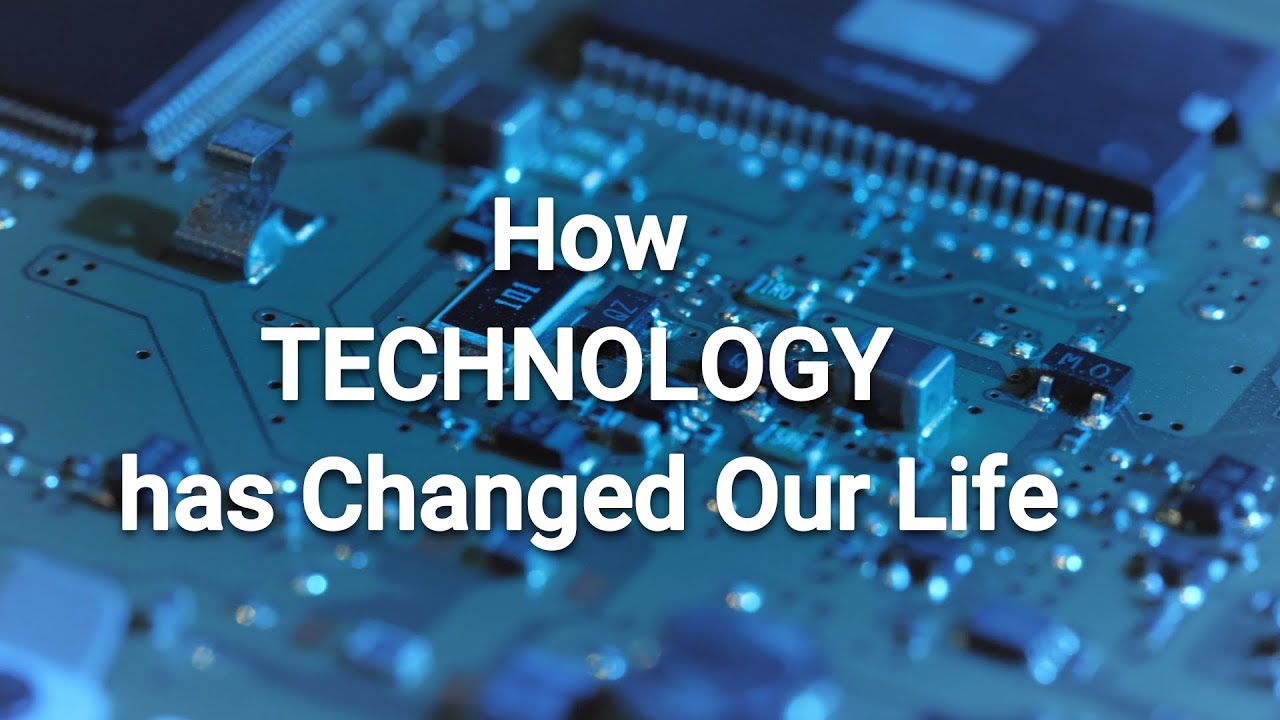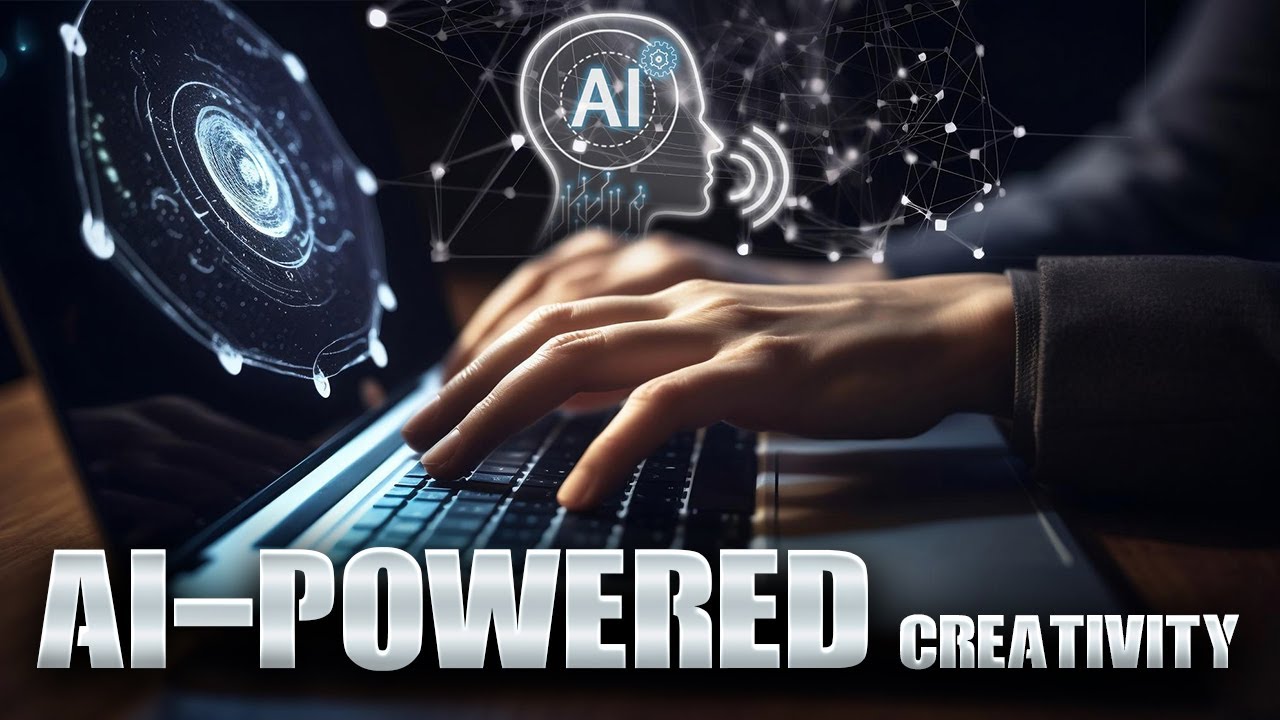Technology has become a crucial part of our daily lives, revolutionizing how we communicate, work, and interact with the world. While most people focus on the latest gadgets or social media trends, some surprising technological advancements are shaping our reality in ways we never imagined.
In fact, U.S. companies are projected to invest $2.3 trillion in digital transformation initiatives by 2025, proving how rapidly technology is evolving.
But have you ever thought about how technology helps solve crimes, saves lives, and enhances creativity? These aren’t futuristic fantasies—they are happening now and influencing our everyday existence.
Let’s explore five unexpected ways technology is transforming our lives and how you can harness its power to improve your own!
1. Using Digital Tools to Solve Crimes
Technology has revolutionized criminal investigations, allowing law enforcement to solve cases faster. Tools like GPS tracking, facial recognition, and big data analytics help uncover crucial evidence. Modern forensic DNA techniques have even solved cold cases from decades ago.
AI-powered facial recognition identifies suspects within seconds, reducing human error. Predictive analytics allow police to anticipate crime hotspots and prevent incidents before they occur. Digital forensics extracts key information from smartphones, emails, and social media.
Private investigators now use advanced surveillance tech to track individuals discreetly. Genealogy databases have linked criminals to DNA evidence, bringing justice to victims. With digital advancements, criminals have fewer places to hide than ever before.
2. Bringing the World Closer Through Virtual Reality (VR)
VR technology allows users to explore new places and experiences without leaving home. Whether walking through the pyramids of Egypt or attending a virtual concert, VR creates immersive adventures. It has even helped people overcome their fears through exposure therapy.
Long-distance relationships benefit from VR, enabling couples to share virtual dates and experiences. Remote teams collaborate in virtual office spaces, improving engagement and productivity. VR-based therapy has shown promising results in treating PTSD and anxiety disorders.
Educational institutions use VR to create interactive learning environments, making history and science more engaging. Medical students practice surgeries using VR simulations before working on real patients. As VR technology advances, its applications in daily life continue to grow.
3. AI Advancements That Are Saving Lives
Artificial Intelligence is transforming healthcare by detecting diseases earlier and more accurately. AI-powered diagnostic tools analyze medical scans to identify cancer and other conditions. This improves survival rates and ensures timely treatment for patients.
Wearable health devices monitor heart rates, oxygen levels, and sleep patterns. Smartwatches can detect irregular heart rhythms and alert emergency services when needed. Predictive analytics help hospitals manage resources efficiently and reduce healthcare costs.
AI-assisted robotic surgeries ensure precision and minimal invasiveness, leading to faster recovery. AI chatbots provide mental health support through therapy-like conversations. These advancements make healthcare more accessible, efficient, and life-saving.
4. AI Tools Unlocking Everyday Creativity
AI is making creativity more accessible, allowing anyone to create art, music, and content. Platforms like Canva and Adobe Sensei simplify graphic design for beginners. AI-generated writing tools assist in drafting blogs, books, and marketing content.
Musicians and producers use AI-powered software to compose songs without traditional skills. AI video-editing tools help generate professional-quality content with minimal effort. Even photography apps use AI to enhance images and remove imperfections.
These advancements empower individuals and small businesses to create high-quality work affordably. AI does not replace human creativity but enhances and accelerates the process. Whether for work or hobbies, AI makes artistic expression easier than ever.
5. Learning Without Limits with the Rise of EdTech
EdTech platforms have revolutionized learning by making education more accessible and engaging. Apps like Duolingo offer gamified language learning experiences for all ages. Online courses from Harvard, MIT, and Coursera provide world-class education at a fraction of the cost.
AI-powered tutors personalize lessons based on a student’s strengths and weaknesses. Virtual classrooms allow students to interact with teachers worldwide, breaking geographical barriers. Even coding and business skills can be learned through self-paced online courses.
EdTech benefits both students and professionals looking to upskill. Interactive tools make learning fun and efficient, improving knowledge retention. With the growing demand for remote and lifelong learning, EdTech continues to expand rapidly.
Conclusion
Technology isn’t just making life easier—it’s redefining the way we live, learn, and create. From solving crimes and saving lives to enhancing creativity and revolutionizing education, these advancements shape our world in ways we never imagined.
And the best part? These tools are accessible to everyone. Whether you want to explore the world through VR, create art with AI, or upskill using EdTech, the possibilities are endless.
So, why wait? Embrace the future and let technology empower you to achieve more than ever before!
Frequently Asked Questions
1. How is AI helping solve crimes?
AI-powered facial recognition, big data analytics, and forensic DNA technology assist law enforcement in identifying suspects, solving cold cases, and preventing crimes.
2. Can Virtual Reality really improve mental health?
Yes! VR therapy is used to treat PTSD, anxiety, and phobias by immersing patients in controlled simulations that help them overcome fears.
3. Is AI creativity replacing human artists?
Not at all. AI tools enhance creativity, acting as assistants rather than replacements, helping individuals bring their ideas to life.
4. How can I start learning new skills with EdTech?
Platforms like Coursera, Udemy, and Duolingo offer free and affordable courses on various topics, from languages to programming.
5. What’s the next big thing in technology?
The rise of the metaverse, AI-driven automation, and biotechnology will likely shape the next era of technological evolution.














